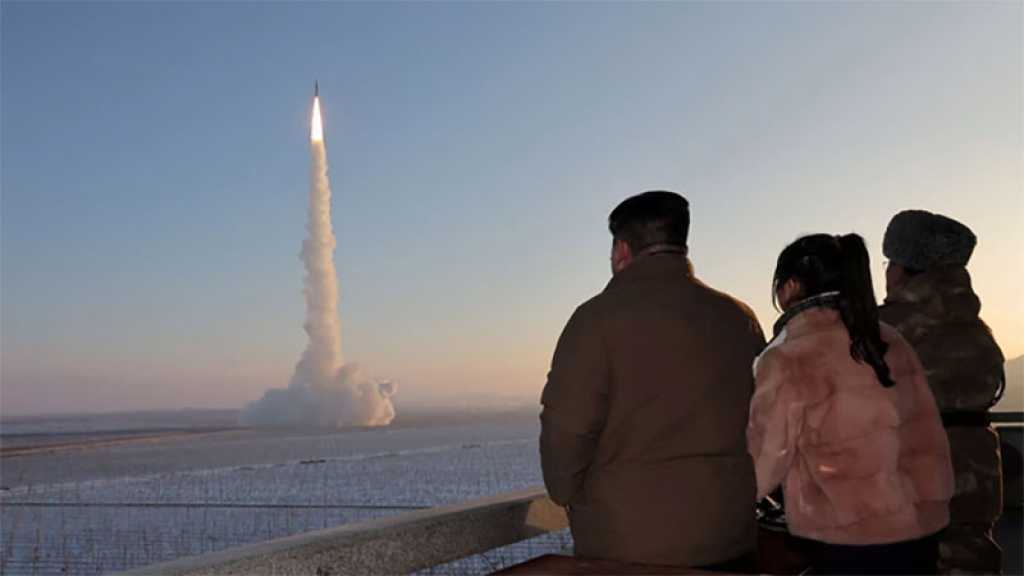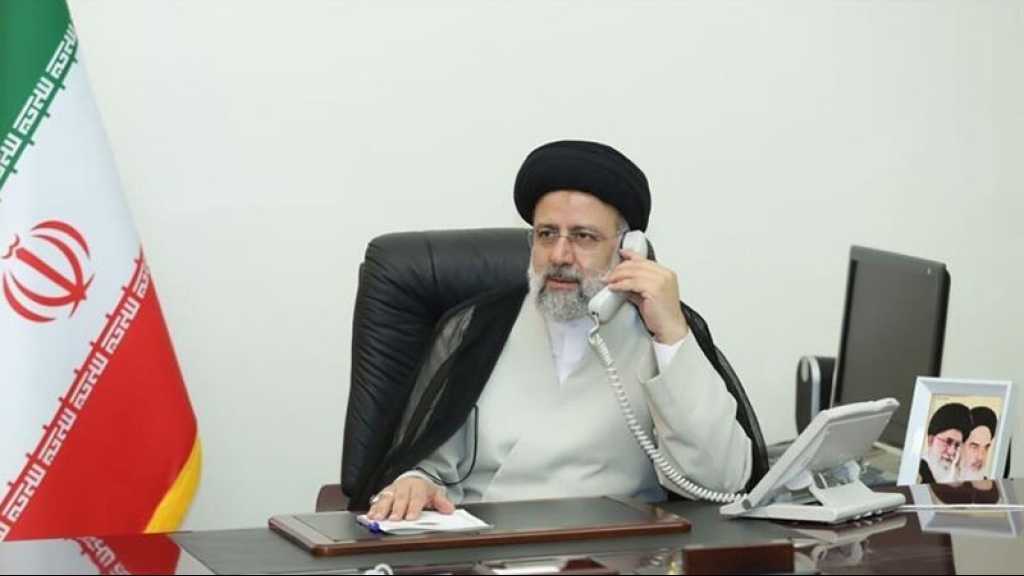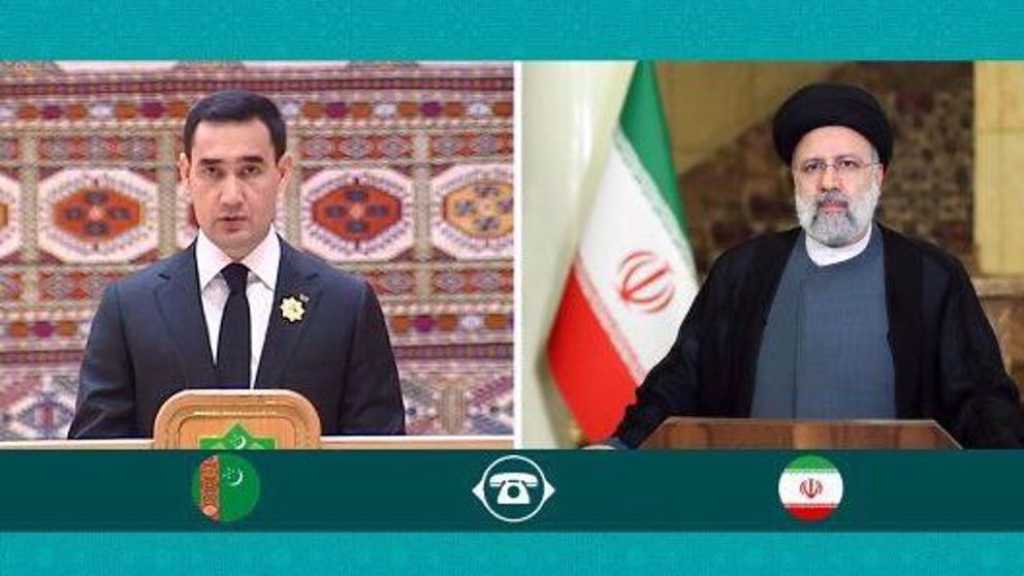
Fresh Violence Breaks Out in Hong Kong as Lam Holds Talks in Beijing

By Staff, Agencies
Fresh violence has broken out in Hong Kong as the Chinese territory’s leader visits the mainland for talks with Beijing leaders on the situation in the financial hub.
Hong Kong Chief Executive Carrie Lam left the city for Beijing on Saturday for a four-day visit to discuss the political and economic situation in the city, which has been rocked by turbulent protests since June.
During a regular duty visit on Monday, Lam met with Prime Minister Li Keqiang, who called for the necessity of stopping chaos and violence in Hong Kong, which according to him is not yet out of its “dilemma.”
Li said that Lam’s government “must continue its efforts, end violence and stop the chaos in accordance with the law and restore order.”
The two had formerly met in Shanghai in early November when the president said he had “high trust” in Lam.
Lam then sat down for talks with Chinese President Xi Jinping, who hailed the Hong Kong leader’s courage to govern the Asian financial hub in these “most difficult” times.
“The situation in Hong Kong in 2019 was the most complex and difficult since its return to the motherland,” Xi told local media in brief comments before the closed-door session.
Xi further pledged “unwavering” support for Lam as well as Hong Kong’s law enforcement forces, expressing hope for unity to get the city back on the right path.
Lam had said that the purpose of her visit was to provide Beijing with “a full account of what has happened in Hong Kong over the past year.”
“Particularly what has happened in Hong Kong in the last six months,” she added.
Lam also said that her government would continue to pursue “different formats of dialog to listen to citizens sincerely” and that “our sincerity to have dialog with citizens has not changed.”
Protesters in Hong Kong accuse her of failing to address their issues.
In the wake of Hong Kong District Council elections, which brought a relative calm to the city in November, Lam promised to “listen humbly to citizens’ opinions and reflect on them seriously.”
Her visit to mainland China, however, sparked fresh violence, with masked protesters targeting the city’s malls overnight, by blocking entrances and smashing glass.
They also trashed restaurants, smashed traffic lights and set boxes on fire to block more roads at about midnight.
This prompted police to fire multiple rounds of tear gas and baton charge crowds.
The protests initially broke out against an extradition bill, which was later suspended, but the movement later took a much wider scope.
The protesters have now five major demands, including not characterizing the protests as “riots,” an independent inquiry into allegations of police brutality, amnesty for arrested protesters, and implementation of complete universal suffrage.
They are also demanding greater autonomy for the semi-autonomous region.
China has repeatedly condemned unrest in the region, blaming foreign powers, including the United States and Britain – the former colonial power in the city – for stirring anti-establishment sentiment and interfering in the country’s internal affairs.
Hong Kong has been governed under a “one-country, two-system” model since the city was returned to China in 1997.



